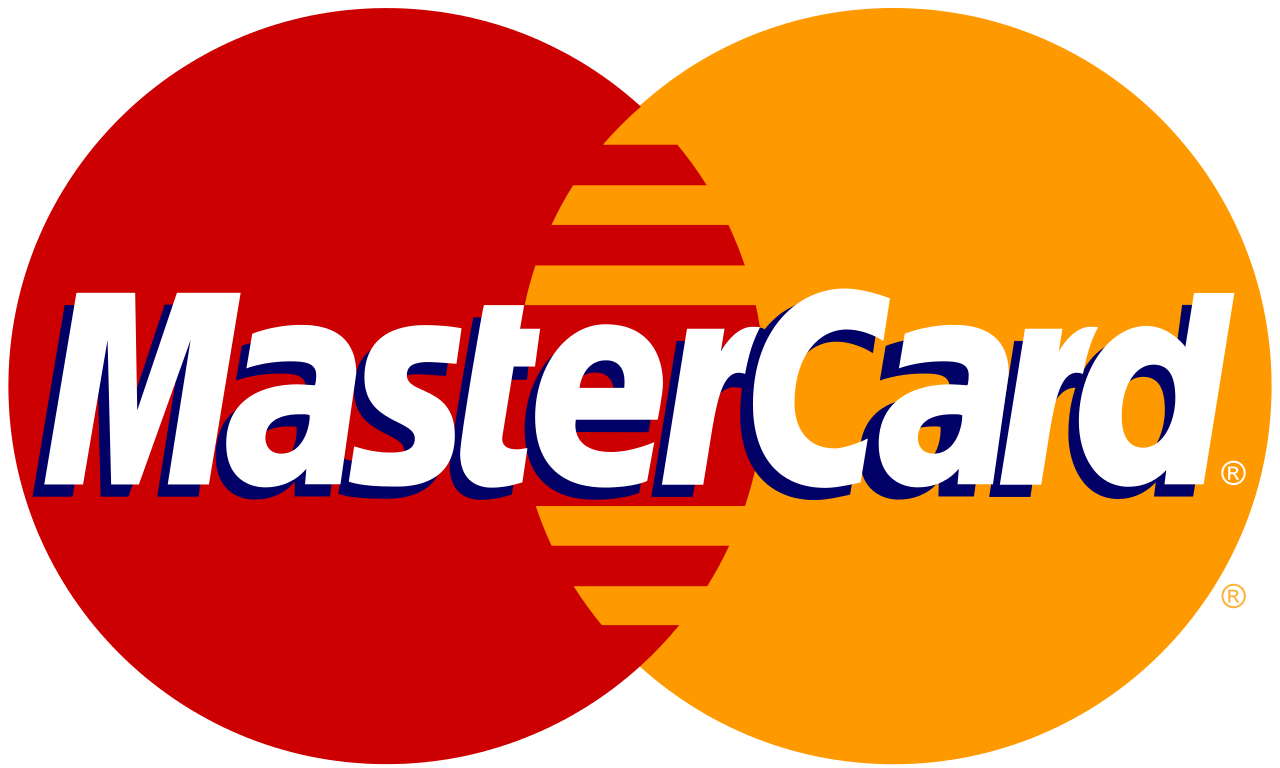With aspirations of becoming an African economic powerhouse, Ghana is partnering with organisations such as Mastercard to smartly integrate technology into all aspects of the economy – building for the future, a cashless Ghana.
The Ghanaian Investment Summit will focus much attention on key areas including financial inclusion, meaningful innovation and the importance of sectors such as agriculture. On the agenda is specific focus on the need for partnerships, across the public and private sectors.
If Ghana is to achieve its goal of becoming an economic force in Africa, the move beyond cash must remain high on its priority list – and more investment will be needed to ensure all citizens are able to access and use electronic payment solutions. Looking globally, close to 85 per cent of consumer payments are still made using cash – this is not only inefficient, but leads to the lack of transparency as well as an environment where criminal behaviour can thrive. In Ghana, the cost of cash is making tremendous impact on growth as the shadow economy is allowed to thrive.
“We talk about the Internet of Things but this can’t exist without the Inclusion of Everyone, and so we need to connect people to opportunities for better and safer lives. What’s stopping us is that we’re stuck in a cash-based economy which makes you vulnerable. These are the people – and businesses – who lack the financial services to guard themselves against risk, or plan their investments,” says Omokehinde Adebanjo, Vice President and Area Business Head for West Africa, Mastercard.
In Ghana, 92 per cent of companies registered are micro, small and medium enterprises (MSMEs). These MSMEs have been noted to provide about 85 per cent of manufacturing employment, contribute about 70 per cent to Ghana’s GDP, and therefore significantly contribute towards growth by providing jobs and cash flow within the economy.
“Delivering efficient, secure and cost effective financial solutions to Ghanaian MSMEs is an essential step to providing the level of support required to grow and develop their businesses. Coupled with a high mobile penetration that is estimated to be over 128 percent – it is clear that technology will ensure Ghanaians are financially included by giving them access to smart, secure and accessible financial solutions. Allowing for a more connected way of living,” says Adebanjo.
Mastercard is investing in innovation, with the Mastercard Labs for Financial Inclusion situated in Sub-Saharan Africa, already this has proven valuable given that the Labs first solution – born in Africa, for African’s – is focused on supporting the agriculture sector.
The agri-app was introduced early in 2017 and focuses on providing a digital marketplace for the benefit of all those involved in the supply chain. The solution was developed to give smallholder farmers, agents, produce aggregators, large-scale buyers and financial service providers a way to do business more efficiently and effectively.
Technology, driven by mobile devices is key to delivering not only financial access but also the ability to use these solutions in everyday life. Masterpass QR is such a solution, it enables consumers to pay for goods and services directly from their smart or feature phones and gives business owners the ability to accept digital payments for the first time, and immediately receive funds – ensuring cash flow, record keeping and other challenges are overcome.
MSMEs have traditionally struggled with the cost of installing payment infrastructure such as point-of-sale devices, as well as with issues of security surrounding payment. Masterpass QR combats these challenges in a simple and user-friendly manner helping to stimulate the economy by digitizing a sector previously solely dependent on cash-based transactions.
Masterpass QR has been rolled out in Ghana, Nigeria, Rwanda, Uganda, and Tanzania and will soon be in a number of countries across the continent. It drives efficiency and transparency for these smaller businesses, something many business owners in Ghana are not able to achieve currently
“Ghanaians are entrepreneurial by nature, and there are incredibly exciting business ideas coming from the market. We want to help these business owners to grow and prosper by delivering solutions that meet the needs of these business owners,” she says.
“In just a few short years we’ve helped connect millions of people through partnerships with banks, governments, retailers and NGO’s. Mastercard has committed its support to helping the country to develop a cashless economy, firmly in support of Ghana’s Vision 2020 goals, and backing its push to be an economic powerhouse in Africa. This is testament to our Universal Financial Access 2020 commitment made in 2015,” concludes Adebanjo.












